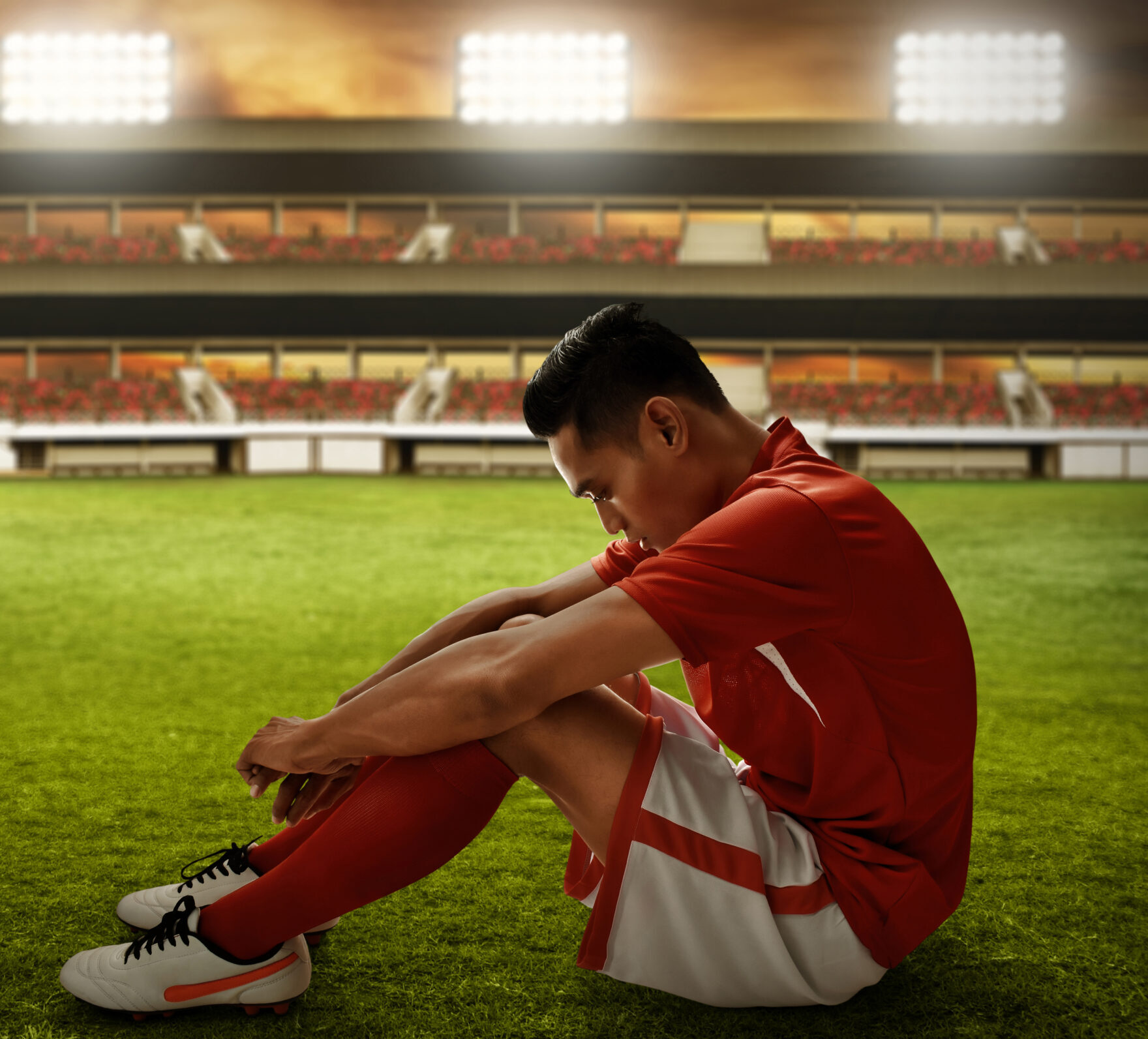From the brightest soccer players to the toughest football players to the most agile hockey players, suicide has been a universal problem that has profoundly affected the athletic community. It begins to blend together: a saddened phone call, a trip to the hospital, and a grieving team. All of which culminate in a death that tears apart not only a family but a community. Despite being seen as paragons of fitness, many athletes face mental health issues that are exacerbated by drug abuse, violence, and rebellious behaviors.
It is crucial to consider the risk factors for suicide in athletes such as issues with identity and professional career anxiety as well as sexual misconduct issues. For instance, one such factor to consider is the issue of cyberbullying, as the general public can often resort to social media platforms and make negative comments, which has the potential to worsen mental health.
Self-identity is one factor that is inherently tied to their performance on the field. As athletes are often encouraged to strive for perfection, they may secretly struggle with their mental health in order to uphold this image. This drives an “all in” mentality when they sacrifice other aspects of their lives to achieve perfection in their endeavors. Indeed, as they become more isolated from their peers and support system to focus purely on sports, they may become even more vulnerable to additional pressure from family, friends, coaches, and even passersby, as well as themselves, ironically. Furthermore, they can be victims of bullying, which may disrupt their own identity, inciting issues such as substance and alcohol usage.
Athletes are often under a lot of stress to perform well under large amounts of pressure.
Image Source: YinYang
Sexual misconduct is another relevant risk factor. Athletes are expected to obey and follow the whims of athletic and coaching staff. This can create a stark power dynamic that can often lead to sexual harassment. With rates ranging from 19-92% for sexual harassment and 2-8% for sexual abuse, there is a growing trend of sexual misconduct within the athletic community. Indeed, athletes that may face sexual abuse may face problems with mental health, especially when it is battled in secret and when they lack proper mental support.
Overall, tackling suicide, especially in the athletic world, can be challenging given the multiple factors that come into play, from self-identity to internal drive and sexual misconduct. Suicide and its consequences are never easy. However, by taking baby steps to enforce helpful standards to ensure they receive support, we can ease and reduce the consequences of suicidal behavior and help support all communities.
Featured Image: © fotokitas /Adobe Stock










